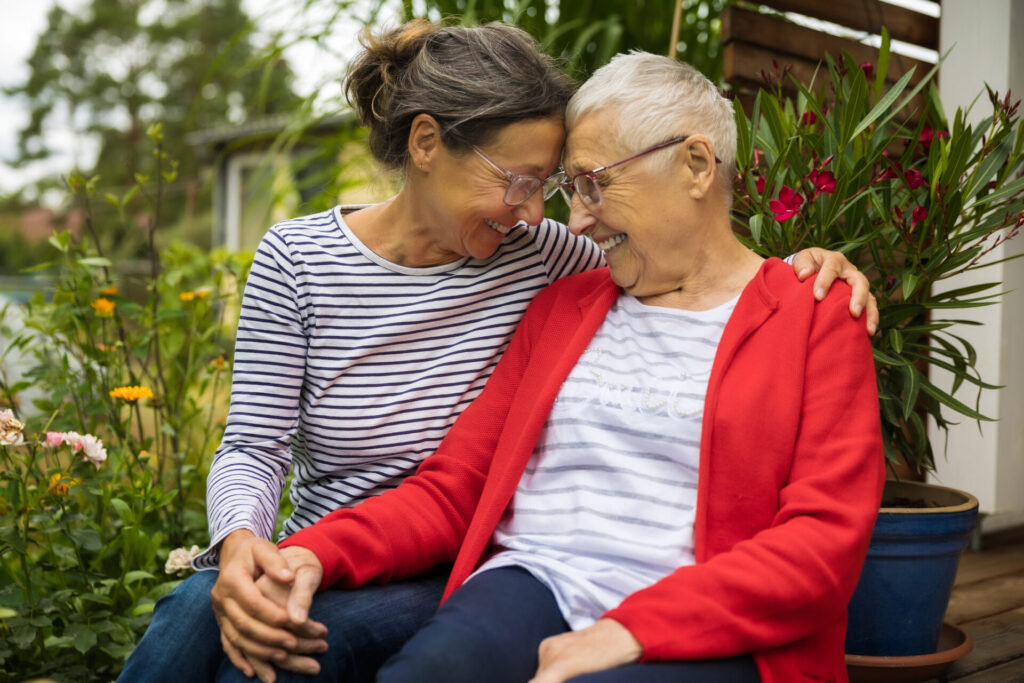Caregivers are unsung heroes whose dedication, selflessness, and compassion often go unnoticed. They help with someone’s basic daily needs by providing physical and emotional support for short- and long-term issues or disabilities. It takes resilience, strength and empathy to be a caregiver.
Who gets the title of caregiver?
Some caregivers are professionals hired to help those in need; others may be friends or family, also known as informal caregivers.
What type of assistance do caregivers provide?
Caregivers provide a range of help and care to those in need. Some examples include:
- Personal care: Helping with everyday tasks like getting out of bed, taking showers, getting dressed, brushing hair, using the bathroom, eating and moving around.
- Household chores: Cleaning the house, working in the yard, shopping for groceries, doing the laundry and other household tasks.
- Meals: Buying food and making healthy meals to eat.
- Money management: Paying bills and managing paperwork and other financial obligations.
- Health care: Helping with many aspects of staying healthy, including taking medications, caring for wounds, using medical equipment, and facilitating exercise.
- Transportation: Helping those in their care get places like the doctor’s office or grocery store.
- Safety: Ensure the home is safe and get help in case of a fall or other emergency.
The importance of self-care
Helping others can be rewarding, but it’s not always easy. Remember to ask for help when needed and avoid neglecting your health and wellbeing.
Simple ways to take care of yourself
- Get enough sleep. Staying well-rested will give you the energy to keep going.
- Make time for exercise. Even light activities can lower stress, give you a mental break and boost energy levels.
- Take time for yourself. Maintain your admin, interests and hobbies. To stay balanced, try not to let caregiving consume your whole life.
- Take breaks. Short breaks, like a quick walk or shower, are beneficial, but longer breaks are crucial for recovery and mental health.
- Set boundaries for yourself. Allow imperfection, set reasonable expectations for yourself and allow for mistakes. Nobody is perfect, and nobody expects you to be.
- Connect with loved ones often. Having social connections outside of being a caregiver builds resilience, which helps manage stress and lightens your mental load.
- Join support groups: Join a local or online support group. Sharing experiences can be very helpful for validating your feelings or helping you problem-solve.
Taking care of someone you love can be a way to show you care, but it can also be stressful. Make sure to care for yourself as you provide care for others.







